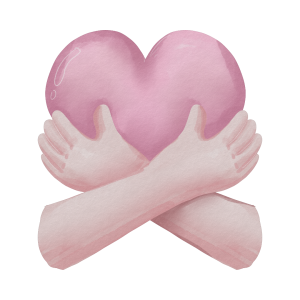 There are many types of abusive relationship, including:
There are many types of abusive relationship, including:
There are many other examples and it can be hard to recognise the signs of abuse. If conflict is continuous, you feel like you are walking on eggshells all the time, are second guessing yourself or are being coerced of controlled, feeling like you don’t have full control over your own life, then the chances are that you are or have been in an abusive relationship.
A range of intense emotions may occur when you leave an abusive relationship, and these may confusing, but they are perfectly valid. People often cite:
There is no set time for healing from an abusive relationship. For some, the process may take months and for others years, with issues popping up into the future long after the relationship has ended. But there are steps you can take to aid your recovery:
© itsfinished.com 2025